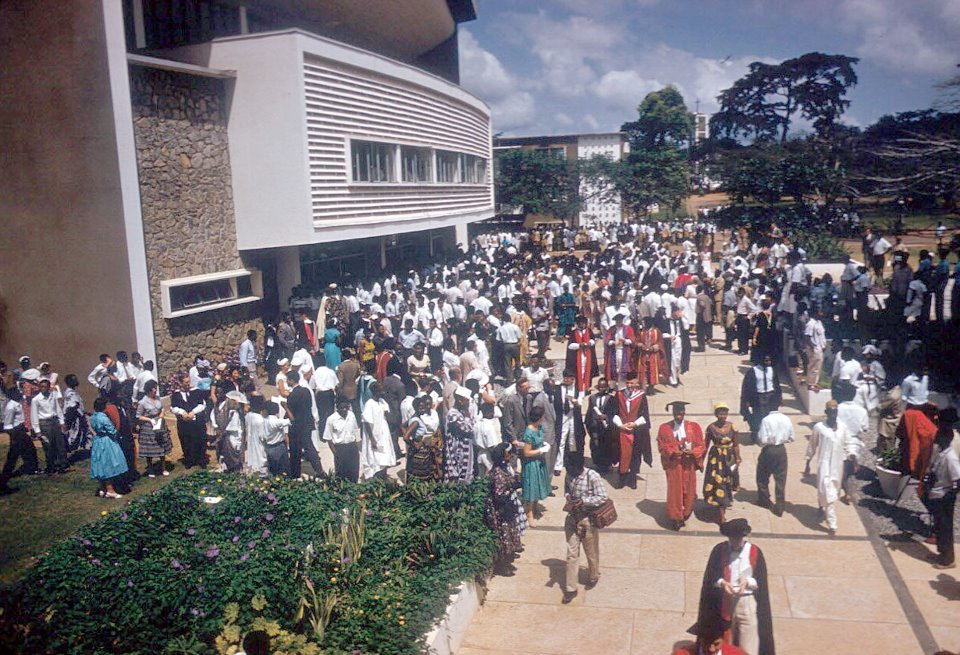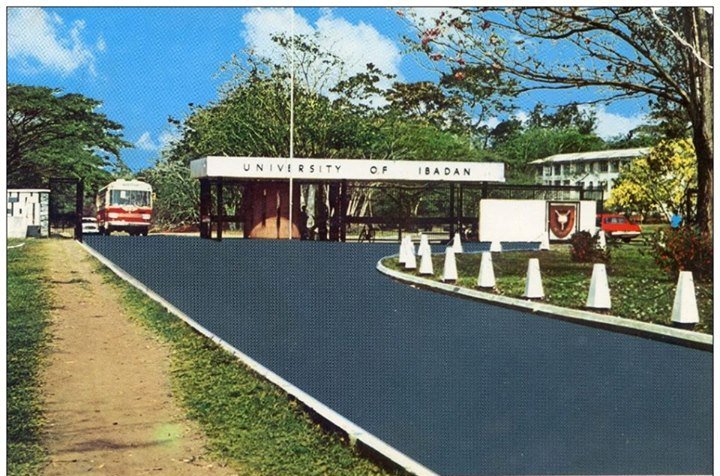Introduction
The founding of the University of Ibadan in 1948 was a landmark in Nigeria’s intellectual and educational history. As the country’s first university and one of the earliest in West Africa, it symbolised both colonial reform and the aspirations of Nigerians seeking advanced education. The university’s creation reflected broader pressures for higher learning, the influence of British post-war policies, and the emergence of Nigeria’s educated elite who would later lead the struggle for independence.
Colonial Education and the Demand for Higher Learning
British colonial education policy in Nigeria during the early 20th century prioritised elementary and vocational training, designed mainly to produce clerks, artisans, and junior staff for the colonial system (Ajayi et al., 1996). This restricted approach drew increasing criticism from Nigerian intellectuals and leaders, who demanded higher institutions capable of producing professionals, administrators, and thinkers.
The Phelps-Stokes Commissions of 1922 and 1925, which surveyed African education, recommended the establishment of higher institutions across British colonies (Ashby, 1960). While these reports planted the seeds of reform, the colonial administration delayed action due to concerns that advanced education would produce politically conscious Nigerians who might challenge imperial authority.
Nevertheless, by the 1930s and 1940s, Nigerian leaders such as Nnamdi Azikiwe, Obafemi Awolowo, and traditional rulers pressed for universities in Nigeria. Many Nigerians were travelling abroad for higher studies, especially to Britain and the United States, fuelling demands for local institutions that would reduce dependence on foreign education.
The Asquith Commission and Post-War Planning
The decisive push came with the Asquith Commission on Higher Education in the Colonies, established in 1943 to address educational reforms in the British Empire. Its 1945 report recommended the creation of university colleges in West Africa, the Caribbean, and other territories. It stressed that colonial institutions should mirror the standards of British universities but adapt to local needs through a “special relationship” with the University of London (Ashby, 1960).
In Nigeria, Ibadan was chosen as the site of the new institution due to its central location, healthy climate, and existing infrastructure. The University College Ibadan (UCI) was thus founded in 1948 as an affiliate of the University of London, with degrees initially awarded by London.
READ MORE: Ancient & Pre-Colonial Nigeria
Key Figures in the Founding
The establishment of UCI involved collaboration between colonial administrators, Nigerian leaders, and academics.
- Dr Kenneth Mellanby, a British scientist, became the first Principal. He laid the academic foundation, recruited staff, and stressed research relevance to Nigeria.
- Sir Arthur Richards (later Lord Milverton), Governor of Nigeria, facilitated colonial government support and funding.
- Nigerian politicians like Nnamdi Azikiwe and Obafemi Awolowo strongly advocated for advanced education, seeing it as essential for national development.
- Local traditional rulers, including the Olubadan of Ibadan, provided land and support, embedding the institution within the community.
Early Development and Academic Structure
The University College Ibadan opened in January 1948 with just 104 students. Its initial faculties were Arts, Science, Medicine, and Agriculture.
The medical school was particularly important, built upon the University College Hospital established in 1943. It addressed the acute shortage of doctors in Nigeria, training professionals locally rather than relying solely on expatriates.
The Faculty of Agriculture responded to Nigeria’s agrarian economy by training agricultural scientists and advancing tropical research. Meanwhile, the Arts and Science faculties established the foundation for humanities, social sciences, and natural sciences.
Curricula were supervised by the University of London, ensuring degrees met international standards. Students sat for London examinations, a system that guaranteed recognition abroad while gradually fostering Nigerian academic independence.
Transition to Full University Status
At independence in 1960, the University College Ibadan remained affiliated with London. However, in 1962, it gained full university status and became the University of Ibadan (UI), empowered to award its own degrees. This change marked a significant moment in Nigeria’s educational sovereignty.
The post-independence period saw rapid expansion. New faculties such as Education, Law, and Social Sciences were added, while postgraduate studies developed. The 1960s and 1970s became the university’s golden era, earning it the nickname “First and Best.”
EXPLORE NOW: Biographies & Cultural Icons of Nigeria
Impact on Nigerian Society
The University of Ibadan profoundly shaped Nigeria’s intellectual, political, and cultural development. Many of its alumni went on to become leaders in politics, academia, medicine, and the arts. Nobel Laureate Wole Soyinka studied at UI, while numerous Nigerian heads of state, ministers, and technocrats passed through its halls.
UI also pioneered Nigerian scholarship by fostering research into African history, literature, medicine, and agriculture. Its Institute of African Studies became a hub for intellectual inquiry into indigenous cultures and post-colonial identity.
The establishment of UI also spurred the creation of other universities across Nigeria, serving as a model for higher education in West Africa.
Continuing Legacy
More than seven decades later, UI remains a premier Nigerian university. Despite challenges such as underfunding, staff strikes, and competition from newer institutions, it continues to lead in research and teaching. Its alumni remain influential globally, and its research output addresses pressing issues in health, agriculture, and technology.
The University’s enduring motto, “Recte Sapere Fons” (“To think straight is the fount of knowledge”), continues to reflect its mission of producing leaders and advancing scholarship for Nigeria and Africa.

Author’s Note
The establishment of the University of Ibadan in 1948 was a turning point in Nigeria’s educational and national development. Emerging from colonial reforms and local demands for advanced learning, it provided Nigeria’s first generation of university graduates who would later lead in politics, scholarship, medicine, and the arts. Its growth from a colonial affiliate of the University of London to a fully independent institution in 1962 symbolises Nigeria’s journey from dependency to autonomy. Today, its legacy endures as both a symbol of intellectual achievement and a foundation for national progress.
References
- Ajayi, J. F. Ade, Goma, L. K. H., & Johnson, G. A. (1996). The African Experience with Higher Education. London: James Currey.
- Ashby, E. (1960). Report on Higher Education in Nigeria. Lagos: Federal Government Printer.
- Fafunwa, A. B. (1974). History of Education in Nigeria. London: George Allen & Unwin.

